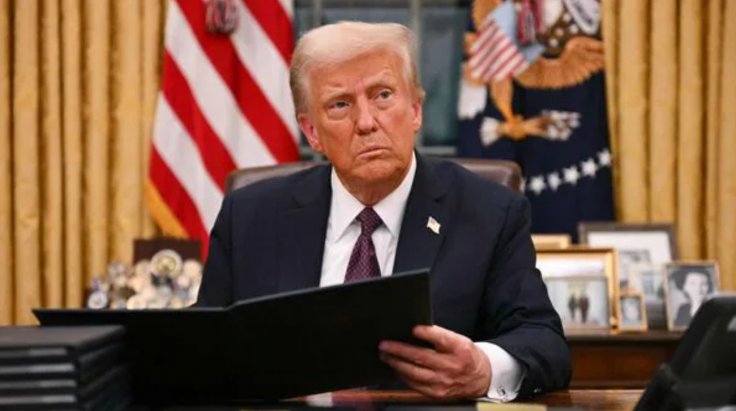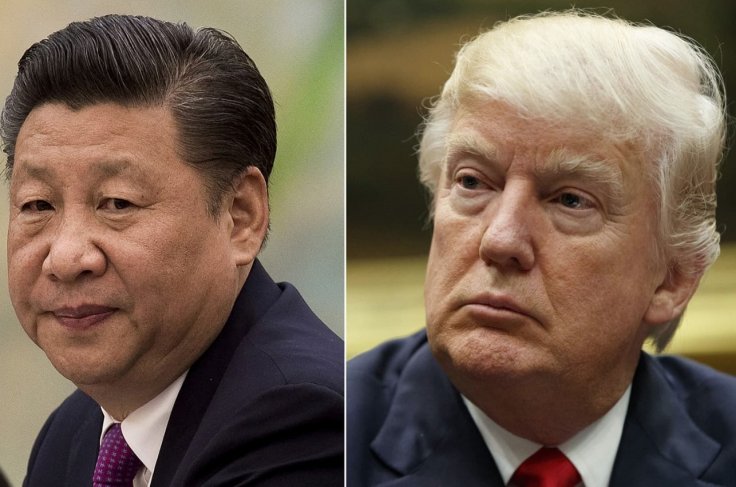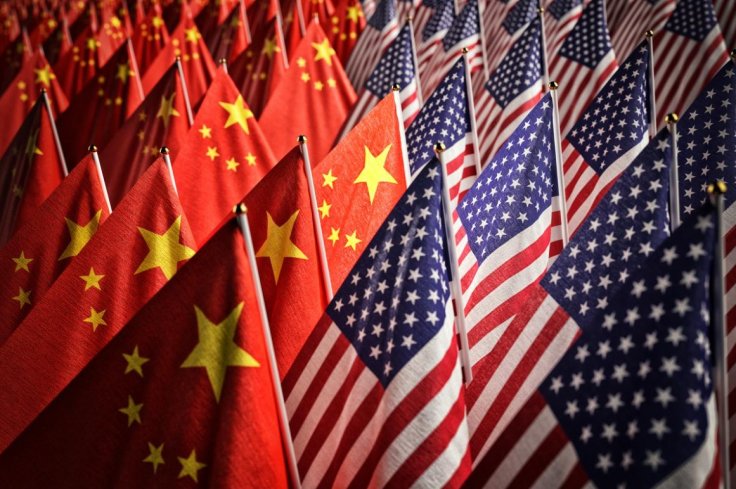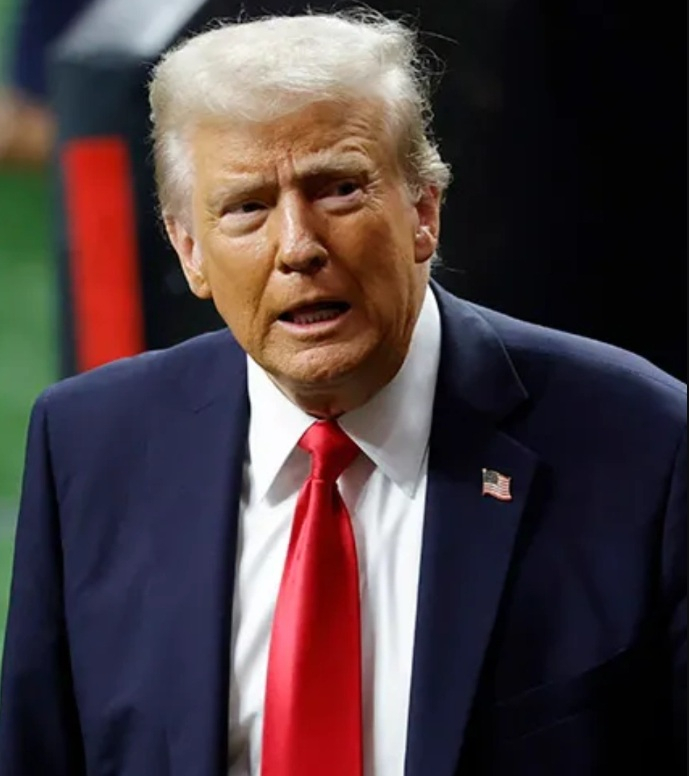President Trump put an end to the discussion about tariffs on iPhones and other products made in China, making it clear that there will be no "exemptions" and that new import taxes are on the way. "NOBODY is getting 'off the hook,'" Trump said on Truth Social Sunday.
"There was no Tariff 'exception' announced on Friday. These products are subject to the existing 20% Fentanyl Tariffs, and they are just moving to a different Tariff 'bucket.' We are taking a look at Semiconductors and the WHOLE ELECTRONICS SUPPLY CHAIN in the upcoming National Security Tariff Investigations," the President wrote clearing all doubts from the minds of consumers about tariff exemptions.
No Compromise from Trump

Late Friday, Trump's administration issued a new rule that temporarily excluded a wide range of electronic devices from the president's aggressive "reciprocal" tariffs on Chinese goods entering the U.S. This move appeared to offer temporary relief to Apple and other consumer tech companies, which had been bracing for tariffs as high as 145% under Trump's broad trade policy changes.
According to data from Evercore ISI, over 80% of Apple's products are manufactured in China. Apple CEO Tim Cook has worked to maintain a strong relationship with Trump during the tariff talks.

Even before Trump came down heavily on China, analysts warned that high-end iPhone models could reach prices as high as $2,300 due to the tariffs.
Before Trump's statement on Sunday, Commerce Secretary Howard Lutnick had already suggested that Chinese-made electronics would soon be subject to their own specific tariffs.
"So what he's doing is he's saying they're exempt from the reciprocal tariffs, but they're included in the semiconductor tariffs, which are coming in probably a month or two. So these are coming soon," Lutnick told ABC News' "This Week" on Sunday.

"All those products are going to come under semiconductors, and they're going to have a special focus type of tariff to make sure that those products get restored."
Last Wednesday, just as Trump's customized "reciprocal" tariff rates were about to take effect, the president suddenly changed stance and announced a 90-day pause to allow time for his team to renegotiate trade agreements with multiple countries. Trump commented that people were "getting a little bit yippy, a little bit afraid" as financial markets plunged over tariff-related worries.
While the 10% standard tariff on nearly all imports remained in place, Trump also introduced a 125% tariff specifically targeting goods and services from China. White House officials later clarified that an additional 20% tariff on Chinese imports, originally implemented earlier in the year due to concerns over fentanyl, would still apply — bringing the total tariff rate on most Chinese products to 145%.
Scraping All Speculation
China ranks as the third-biggest trade partner of the United States. "What has been exposed is that we need to make products in the United States, and that we will not be held hostage by other Countries, especially hostile trading Nations like China, which will do everything within its power to disrespect the American People," Trump said.

At present, electronic goods from China are still subject to additional tariffs, including a 20% rate that Trump introduced earlier this year as part of his criticism of China's involvement in the fentanyl crisis.
Prior to Trump's decision to pause the customized tariff rates last Wednesday, his senior officials had firmly maintained that the president had no plans to allow any exemptions and that the shift toward protectionism was genuine—not a tactic for negotiations.
On Sunday, Peter Navarro, the senior advisor on trade and manufacturing, reaffirmed that Trump's stance remained "no exemptions, no exclusions," even though electronics had received a temporary break from the tariffs.
"The problem, interestingly for chips, because this is very complex stuff, is that we don't buy a lot of chips, like in bags. We buy them in products. So what Secretary of Commerce Howard Lutnick is doing as we speak is an investigation of the chip supply chain," Navarro told NBC's "Meet the Press" on Sunday.
The exact tariff rate the Trump administration is considering for semiconductors remains unclear.
Former President Joe Biden sought to bring semiconductor manufacturing back to the U.S. through the bipartisan CHIPS and Science Act of 2022, which offered subsidies to chipmakers. However, Trump has criticized the CHIPS Act, arguing that imposing tariffs is a more effective strategy for reviving domestic semiconductor production.









